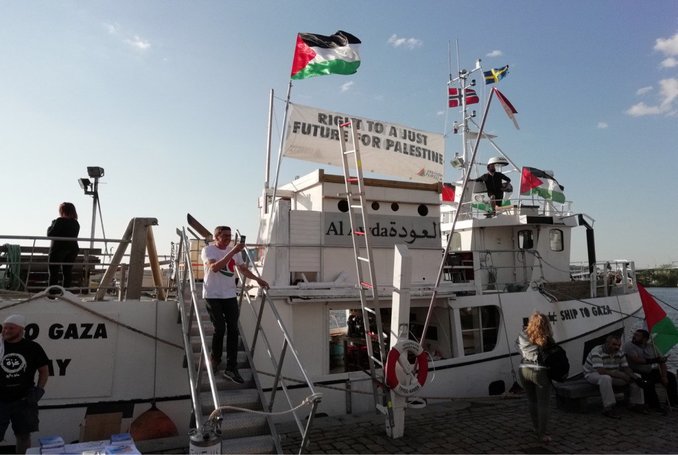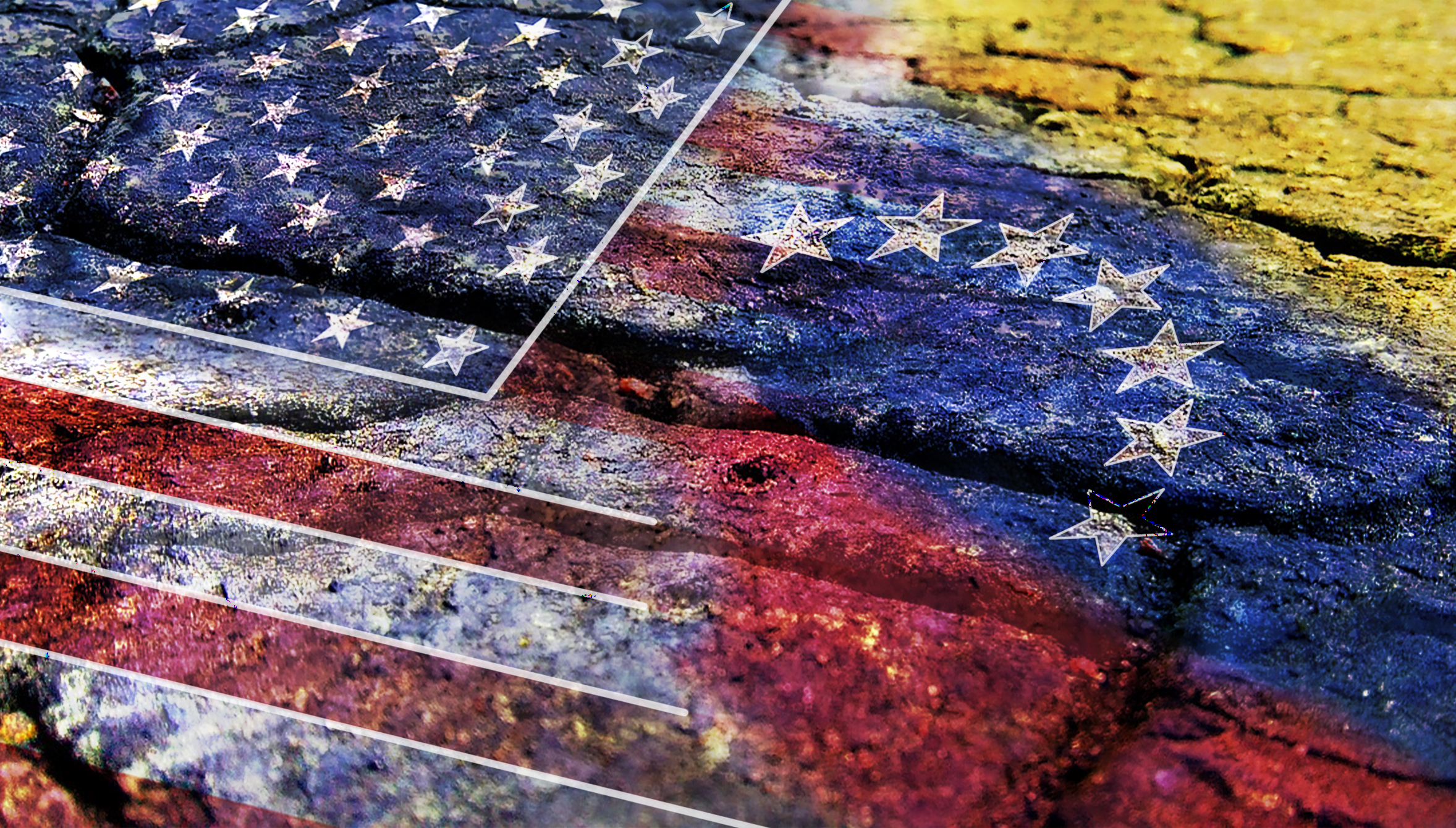In a case that has sparked widespread outrage, U.S. border agents were stationed in the maternity ward of an Arizona hospital to initiate the deportation of a 24-year-old Guatemalan migrant mother who had just given birth. The woman, identified only as Erika, had entered the country while eight months pregnant, fleeing violence in her home country. After giving birth at Tucson Medical Center, she was immediately placed in expedited deportation proceedings while still recovering in her hospital bed.
Legal advocates say they were denied access to Erika in the hospital, with immigration authorities blocking contact until after political pressure mounted. Arizona Governor Katie Hobbs intervened following public backlash, resulting in the expedited deportation order being downgraded to standard proceedings. This change grants Erika the opportunity to apply for asylum.
The circumstances of Erika’s case raise critical questions about the U.S. government’s treatment of vulnerable migrants, particularly pregnant women and new mothers. Her case is not an isolated incident. Border oversight groups and humanitarian organizations have documented similar cases of pregnant women being expelled or deported under inhumane conditions, often without access to adequate medical care or legal counsel.
The Kino Border Initiative and other groups have tracked reports of migrant women being turned away or expelled under Title 42, leading to miscarriages, medical complications, and long-term trauma. These practices persist despite public claims by the Trump regime to implement more effective and lawful immigration enforcement policies. In reality, the administration has intensified surveillance and removal efforts, particularly targeting vulnerable populations like pregnant women, without offering adequate protections or transparency.
The sight of border agents stationed outside a hospital maternity ward, effectively turning a place of life and healing into a site of state surveillance, has become a flashpoint in the growing debate over how the U.S. treats those seeking refuge.
Critics say the image is emblematic of a broader cruelty embedded in the immigration system: one that criminalizes desperation, polices motherhood, and disregards the basic dignity of those who arrive at the border with nothing but a plea for safety.
Erika, released for now, has her fate in the hands of the U.S. immigration courts. But for many, the damage has already been done, not just to her, but to the moral credibility of a system that claims to stand for human rights.
Author
Discover more from The Crustian Daily
Subscribe to get the latest posts sent to your email.













